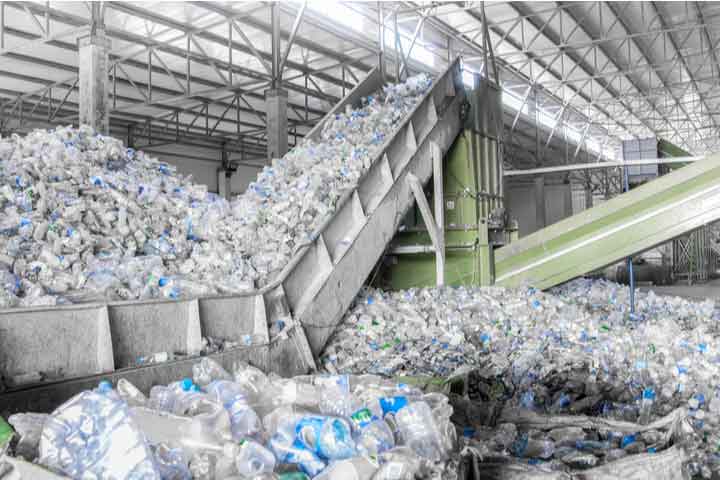Plastic is everywhere within our life. It is utilized to make all sorts of goods from drinking water containers and foods storage containers to product packaging resources and electronics. But while plastic has changed into a ubiquitous element of our lives, it has also become a main method to obtain toxins. This is why plastic recycling is so crucial. Besides it minimize the volume of plastic spend that winds up in landfills or polluting the environment, but it could also be utilized to generate new products and even create electricity.
How Can Plastic Recycling Function?
Plastic recycling consists of collecting and selecting thrown away plastics into differing types depending on their substance composition well before they are melted into pellets which you can use to create new services. These pellets are then along with other recycled materials such as cup and rubberized to make new things like benches, fencing, play ground equipment, car elements, and a lot more.
The Benefits of Recycling Plastic
plastics recycling has numerous environment advantages which includes lowering the volume of spend that eventually ends up in trash dumps or polluting the surroundings. By reduction of the need for virgin plastics which require a lot of vitality and h2o to generate, recycling can also help save all-natural resources. Additionally, by reusing present plastics instead of producing new ones completely from scratch, businesses save money on producing expenses which may consequently be passed on to buyers as lower prices for goods made out of re-cycled components.
Along with these enviromentally friendly positive aspects, recycling plastic can also have economic rewards too. Companies who use reprocessed supplies often acquire taxes bonuses or some other fiscal benefits as being eco-friendly which minimizes their general running fees and allows them to move those financial savings onto consumers as less expensive costs for merchandise produced from reprocessed resources. Reprocessed plastics can also be used as a replacement fuel source that helps decrease dependency on non-renewable fuels while producing jobs in areas where there could not otherwise be much job available.
Plastic recycling is a vital part of protecting our planet’s health insurance and minimizing our reliance upon non-sustainable energy places. Furthermore it reduce toxins by lowering the need for virgin plastics additionally it results in work while conserving organic sources and providing organizations with economic incentives as being eco-helpful.


